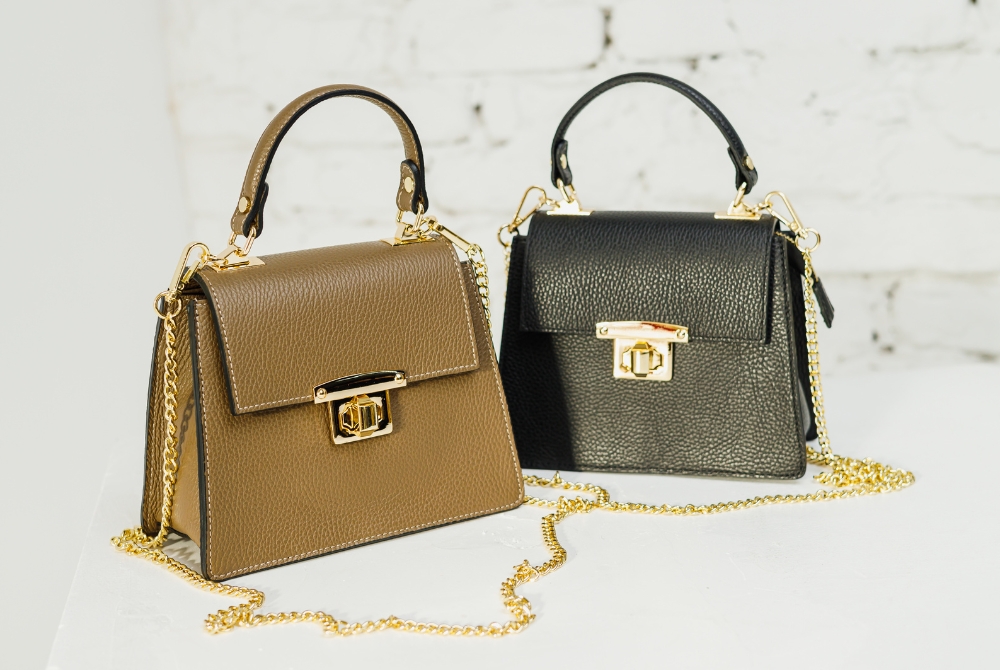Have you ever bought a secondhand luxury item on a website like Poshmark or The Real Real? These resale aggregators can create an attractive commercial staging ground for consumers who are looking to buy or sell higher-end clothing, bags, and jewelry. It is a thriving marketplace online. But how do the primary manufacturers of luxury retail goods feel about these middle actors?
One recent decision issued by a jury in the Southern District Court of New York has introduced a shift into the landscape of luxury online resale in Chanel v. What Goes Around Comes Around LLC (1:18-cv-02253).
Chanel & WGACA
Many readers likely know Chanel as a prominent fashion brand with decades of high-quality design and manufacturing standards built into its identity. It is known for handbags, jewelry, and perfumes – basically, high-end accessories.
What Goes Around Comes Around (WGACA) is an online resale shop featuring clothing and accessories by brands like Louis Vuitton, Prada, and other high-end designers. WGACA buys products from individuals, puts them through a not-very-transparent authenticity check, and resells them on their website. Since April 2020, the website has also listed the disclaimer “WHAT GOES AROUND COMES AROUND LLC, IS NOT AN AUTHORIZED RESELLER NOR AFFILIATED WITH ANY OF THE BRANDS WE SELL” at the bottom of each website page.
Perhaps this disclaimer emerged in reaction to Chanel’s lawsuit, which was filed in 2018. What exactly was Chanel’s problem with how WGACA was reselling their bags?
Just Friends
Have you ever been in a mixed-gender friendship in which people kept assuming that you were a couple instead of friends? In some ways, this is the issue that Chanel encountered with WGACA.
Chanel’s complaint centered on consumer confusion and false association between the companies. Chanel claimed that WGACA was trading on the consumer goodwill that has been built based on Chanel’s high quality standards.
Indeed, the brand makes a concerted effort to control the production and quality assurance of its handbags and other goods, allowing production to take place only within its few approved factories and material suppliers. Chanel claimed that WGACA injured consumer goodwill by selling Chanel-labeled bags that were either counterfeit, not authorized for sale by Chanel, or perhaps were stolen from a Chanel factory in 2012.
Chanel also argued that WGACA reinforced a supposed connection between the companies by displaying the Chanel logo on its site, using phrases like “100% authenticity guaranteed,” and touting its verification process – though WGACA does not make it clear that its employees are simply trained by its own standards, not Chanel’s. So, what is the meaning of a Chanel bag without those standards?
To sum up Chanel’s claims in a neat list, they were:
- trademark infringement
- false association under the Lanham Act
- deceptive business practices, and
- false advertising.
No, Really – Just Friends
On top of these claims, Chanel called WGACA’s intentions into question by citing a past instance in which they proposed a formal collaboration between the companies. Chanel did not go for this proposition, and they warned WGACA not to build the appearance of such a collaboration into its marketing.
Thus, Chanel may have felt motivated to pursue legal action when WGACA continued to insinuate a connection between the companies – for example, using the hashtag #WGACACHANEL on social media or making Chanel-logo products the centerpiece of online ads.
Chanel’s Victory
WGACA mainly relied on affirmative defenses, arguing that they have no control of where their individual suppliers get their bags, and they cannot dig deep enough to truly verify the source of each item sold. They also touted the First Sale Doctrine, which does allow resale of properly purchased goods protected by copyright or trademark.
However, the jury flatly rejected this argument in the sale of counterfeit goods. They saw WGACA as lacking “good faith effort” to ensure that the handbags were, in fact, real Chanel. They awarded Chanel $4 million in damages and said that WGACA acted “willfully, with reckless regard, or with willful blindness in its sale of the goods referenced…” This decision has resonated with other secondhand resellers: especially those who are dealing with luxury clients, whose brand recognition is paramount, who do not toe the line of false association or questionable sourcing.
